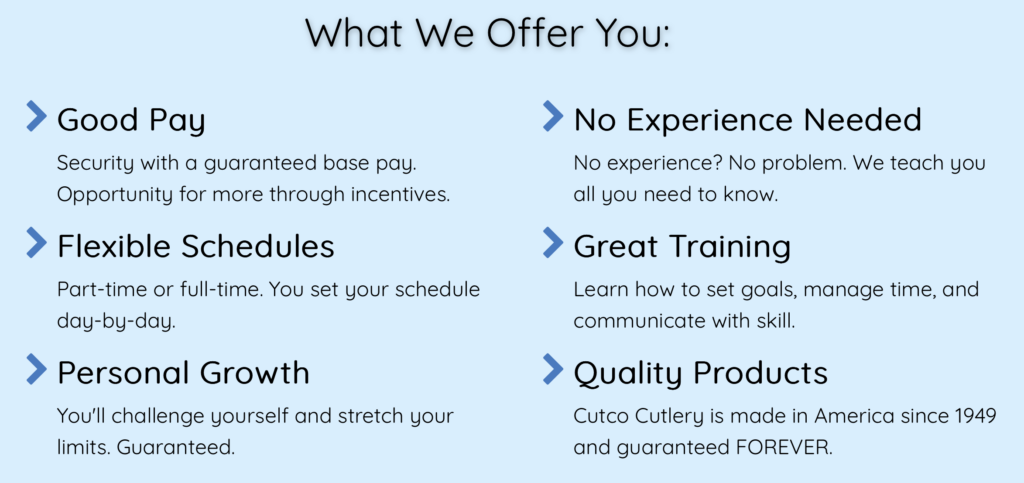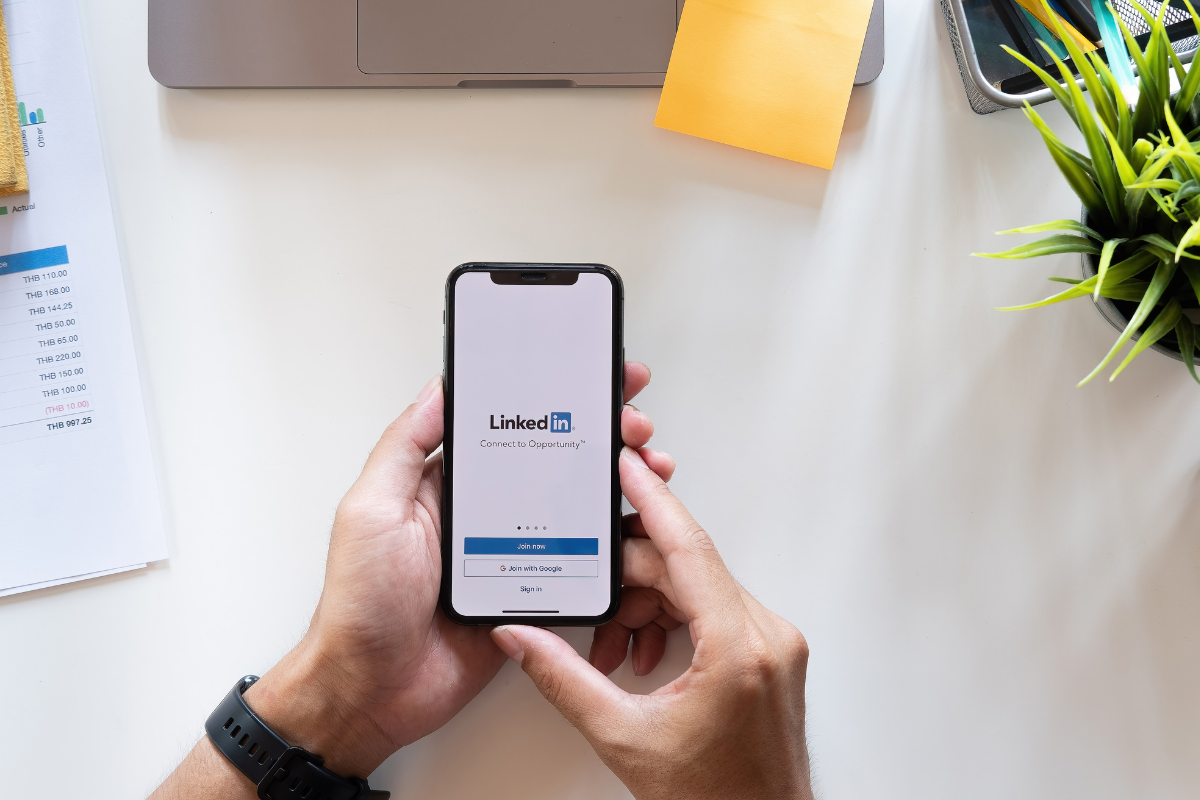Multi-level marketing (MLM) companies have existed for decades, generating millions of dollars in revenue by claiming to provide people with financial independence and lucrative careers. While there has been an increase in investigative media highlighting the harmful practices behind MLMs, it’s not always easy to recognize these business models when faced with them in everyday life. Social media platforms like Facebook and Instagram are littered with MLM reps selling patterned leggings and essential oils. But one professional platform is the perfect breeding ground for recruiters offering something different to their targets—employment.
Over 46 million students and recent graduates use LinkedIn for networking and job searching. A 2020 article by Hootsuite claims students are LinkedIn’s fastest growing demographic. Connor Nichols, a recent NAIT BBA grad and the owner of CBN Marketing, has been using LinkedIn since 2019. He said he still gets messages from recruiters despite owning a full-service marketing company.
“It’s a huge issue … I started my LinkedIn and I think that in my first two weeks of LinkedIn I probably got about 45 messages from people working for World Financial Group, Primerica, [Vector Marketing] and then there was a few other ones,” said Nichols.
Companies like World Financial Group (WFG) and Primerica use MLM business practices to sell investment, insurance and other financial services. According to their website, WFG associates earn commission when they help clients and “write new business,” earning a portion of overall commission from the newly licensed associates they’ve coached. The people recruited are part of the associate’s “downline,” an MLM term that describes a hierarchy where recruiters at the top make money off everyone below them.

“They’re the same pyramid method but just, you know, different names and they would always kind of say the same old thing, like, ‘Oh, I reached out to your LinkedIn profile, it seemed like a great fit, let’s have a coffee.’ Something like that,” said Nichols.
When he was a student, Nichols met for coffee with an associate from Primerica, whose business model is similar to WFG. He was skeptical of the company’s intentions.
“You could tell it was just a bunch of hot air,” he said. “Once they talked about the job, they said it was 100 per cent commission-based and it’s a great opportunity and yadda yadda, you’re selling insurance and it’s going to be great. But it’s like, I don’t see myself selling insurance as a marketer. And if you saw my profile, I literally don’t have those skills.”
Nichols said students should be wary of companies offering commission-based pay. “Sometimes these companies will even talk about the job, and they will have commission on there, but when they have commission on there that’s 100 per cent commission, [that] means that if you don’t get a sale, they don’t pay you anything.”
Primerica’s website states that cash flow to their Canadian sales representatives, including commissions, was paid at an average of $7,479 from Jan. 1 to Dec. 31, 2022—not exactly the lucrative numbers that lead students to a path of financial independence.
“These companies, they only have one method and that is to make business. And they don’t see you as a person, they see you as a number,” said Nichols. He explained that businesses who target marketing students give marketing professionals a bad reputation. “It’s frustrating because it puts my career [at risk] because I have to constantly explain to people, like, this is not what I do.”
J. Torre, an international student from the Philippines studying marketing, has similar frustrations. A month after she started her studies at NAIT, she found what she thought was a “too good to be true” marketing opportunity with Vector Marketing.
“It’s sad for us marketing students that were cornered to find jobs, especially with the MLMs saying that their job positions have marketing in them,” said Torre. “When I saw [the job posting], I was like, ‘I’m going to take this opportunity’ and I even went to the onboarding stage. But it [felt] ingenuine to me, so I had to research it myself.”
Vector Marketing is a direct sales company that targets students to sell products for their parent company, Cutco Corporation. The company argues against claims that they are an MLM but grow their profits by using other deceptive means. Due to the company’s vague job descriptions, most of the students they target are unaware of what exactly Vector does in the first place.

Before the onboarding process, Torre was told she would get to talk to the recruiters and HR about the job position. She said she left the onboarding meeting after realizing what the job entailed.
“When I went and [checked in] for the onboarding it was just a recording of someone with instructions, like a pre-recorded video, so it didn’t feel genuine. And then and there I was like, ‘this is sketchy.’ So, I had to look it up while in the meeting, and there I found out that they’re basically marketing knives.”
Sales representatives who work for Vector, 85 per cent of which are students, are hired as independent contractors selling Cutco knives for commission. The company’s website states, “You get started by showing CUTCO to people you know to get good practice … In training, we teach you how to ask those people for referrals, or leads, others who might be interested in taking a look at CUTCO.”
The company claims to be student-friendly and pays a base rate for every completed appointment, even if the rep doesn’t make a sale. Their website does not state how much students make for these appointments.
“I’m not really a fan of the quotas that you should reach [a] target for the day of selling stuff,” said Torre. “It’s not feasible, especially for a newcomer student.”
Torre said that someone who is good at direct sales might enjoy working for Vector, a sentiment that Nichols shared. Students with extroverted personalities have potential to thrive in the position, but more introverted students could find themselves limited to selling knives to their friends and family.
“The part that’s kind of misleading, I think in itself is a red flag that you have to mislead your potential employees just to get the job,” said Torre. “It’s good if you want it, but it’s bad if you’re just mislead.”
“It feels demoralizing at times that I’m just trying to look for a job and then stuff like this happens. It seems like on an emotional perspective, it is disheartening, but also looking at it in a positive way, it makes me more cautious of these jobs and it makes me actually tweak my resume more and make it better and improve my skills so I wouldn’t have to settle with these very inviting job descriptions … I do hope they stop taking advantage of people, because it’s a waste of people’s time, like students.”
Torre said that she doesn’t want to dictate what NAIT students who are part of these groups do. Instead, she cautioned students looking for jobs to learn from experiences like hers and Nichols’.
“You can’t really tell them ‘Can you guys stop with the recruitment?’ because it’s their job, they’re part of the company,” said Torre. “It’s up to us to be cautious about it.”





